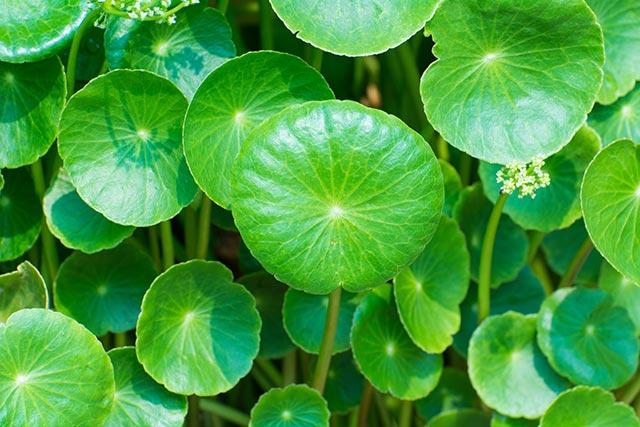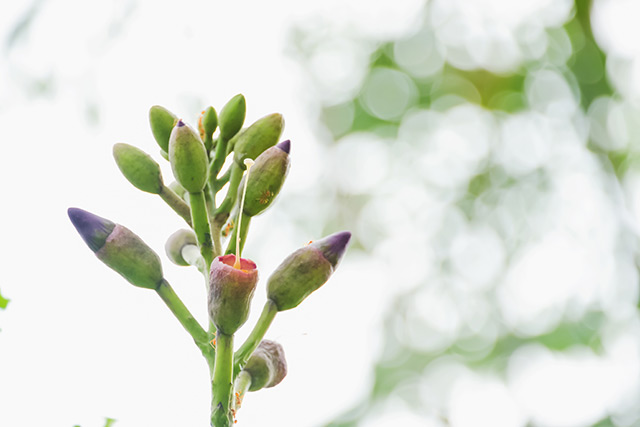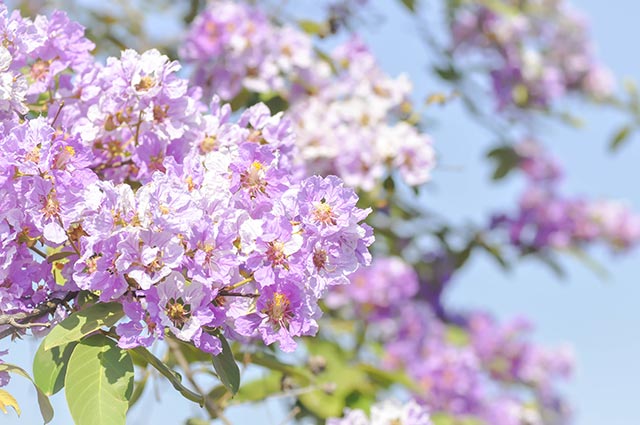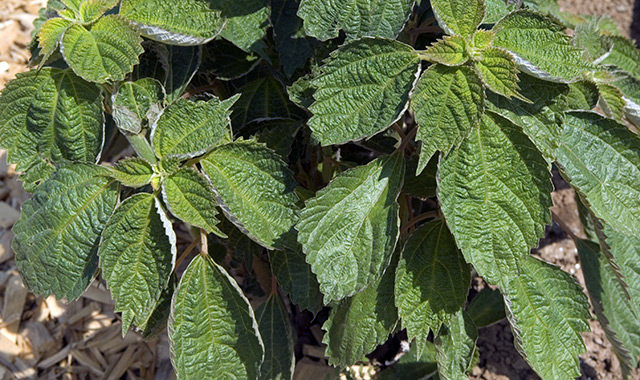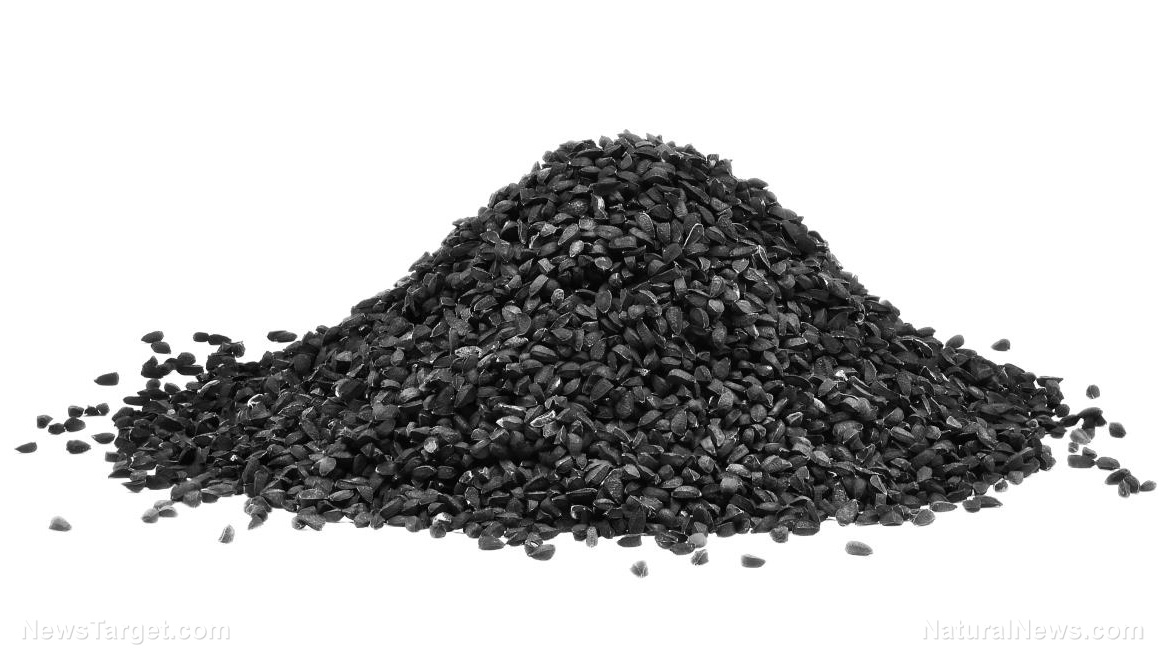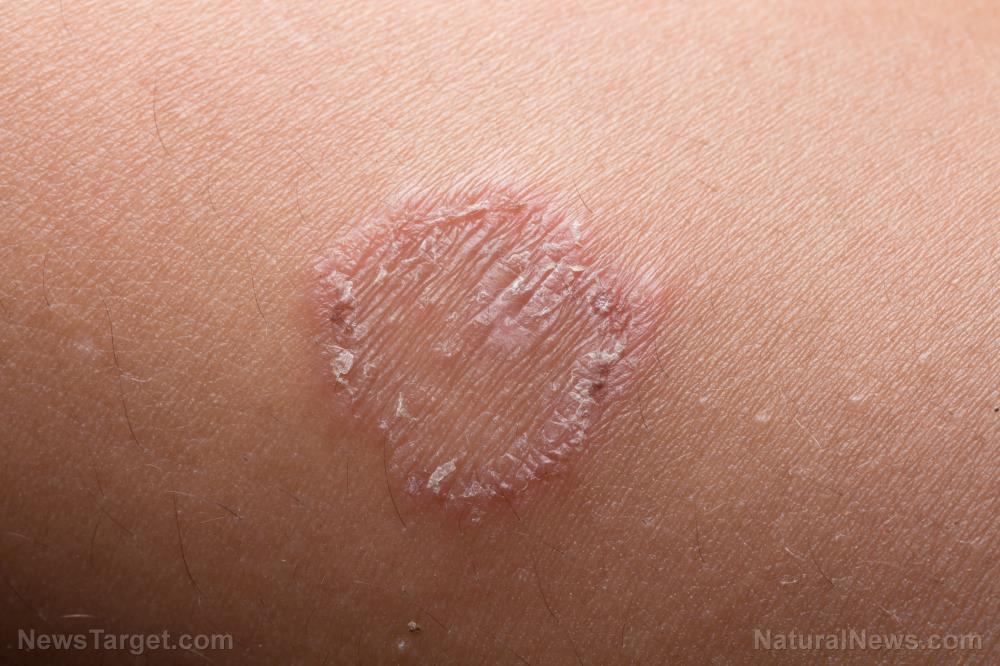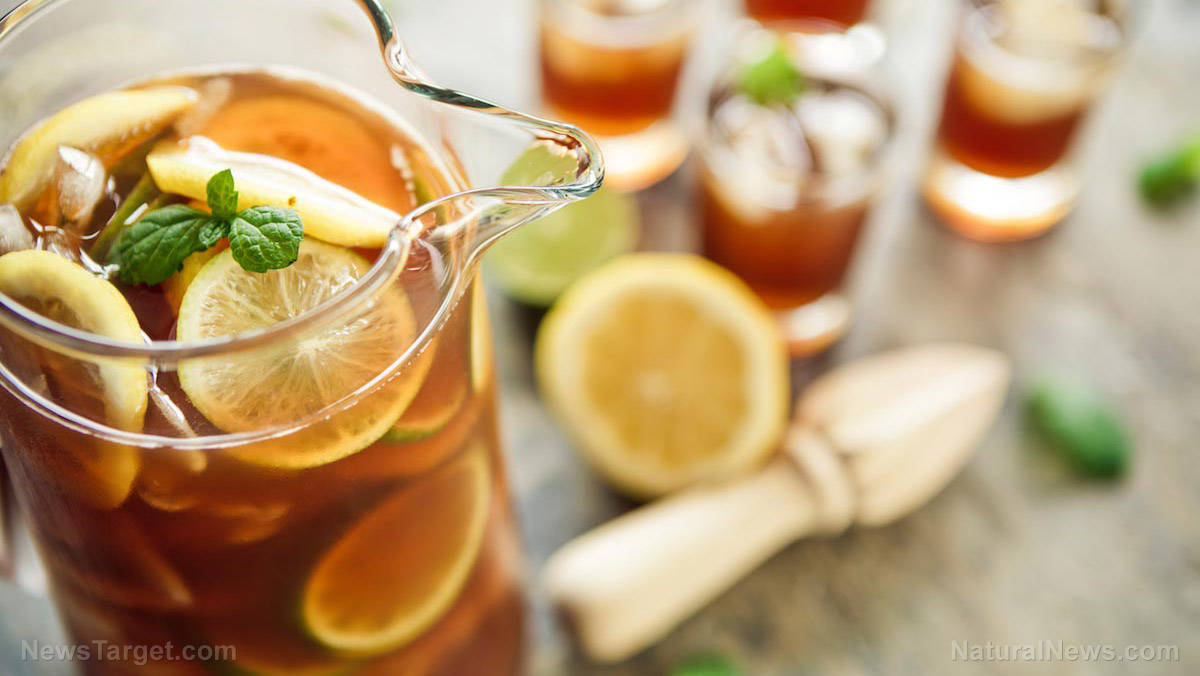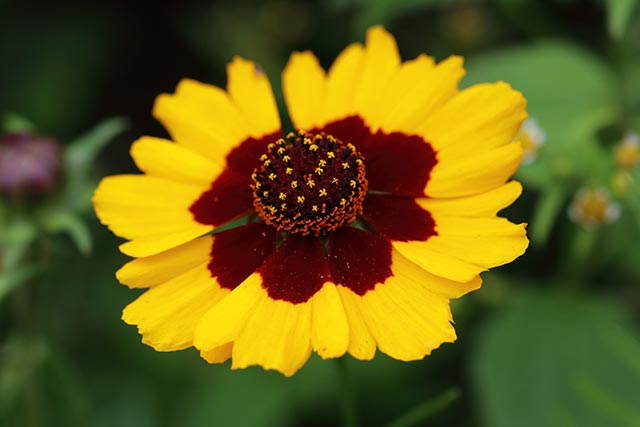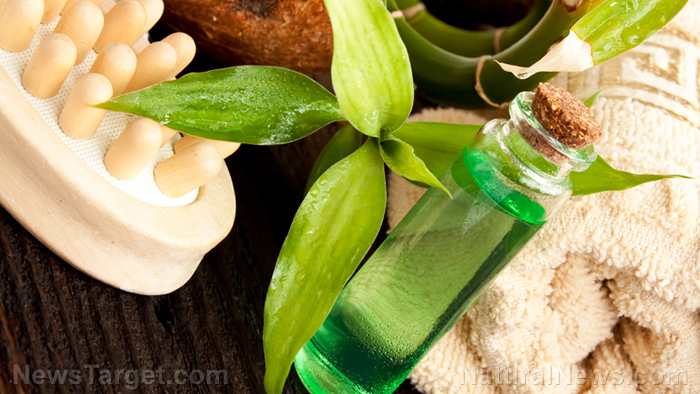From neem to the cotton tree, plants are the best way to lower lipid levels
10/02/2018 / By Rhonda Johansson
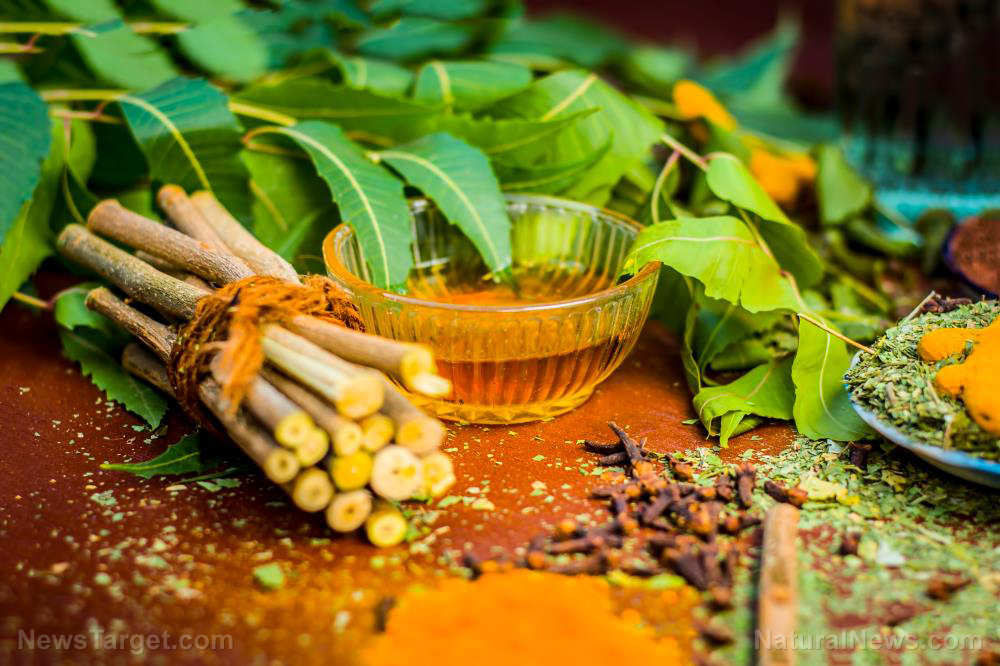
Hyperlipidemia, more commonly known as high cholesterol, is one of the biggest risk factors for heart disease. When you have too much cholesterol in your body, your blood vessels can become clogged by plaque. This affects your cardiovascular system as it now has to work harder to supply the body with enough blood.
Although high cholesterol can be inherited, the condition is most often the result of unhealthy lifestyle choices. And whereas therapeutic lifestyle changes are highly recommended for primary hyperlipidemia management, natural medicines may help augment the benefits. These therapeutic plants suppress the solubility of cholesterol, thereby reducing the body’s absorption of it.
This was the finding of a botanical review published in the Journal of Medicinal Plants Research. In it, researchers looked at the lipid-lowering qualities of these five plants:
- Neem tree — A primary herb in Ayurvedic medicine, neem is traditionally used to treat bacterial infections such as acne, boils, and ulcers. It is noted to have profound anti-inflammatory effects.
- Cotton tree — The bark of this tree is ground and made into a powder which is then taken as a tea. It supposedly increases muscle strength, lessens body weakness, and alleviates some skin diseases.
- Kaffir lime — This plant is used to promote oral health, detoxify the blood, and improve digestion. It’s normally found in many Thai recipes, such as the Tom yum soup.
- Solomon’s Seal — Ancient texts reveal that the plant is a suggested treatment for cuts, wounds, and bruises.
- Turkey berry — This funny-looking plant is a wonderful natural medicine for indigestion and diarrhea.
The power of the elements: Discover Colloidal Silver Mouthwash with quality, natural ingredients like Sangre de Drago sap, black walnut hulls, menthol crystals and more. Zero artificial sweeteners, colors or alcohol. Learn more at the Health Ranger Store and help support this news site.
All five of these plants are known to manage cholesterol levels, although there has been little to no evidence that supports this specific use. To justify this claim, researchers decided to analyze the extracts of these plants and see how they affected cholesterol levels.
They found that all five plants inhibited pancreatic lipase enzyme production, thereby limiting fat absorption and resulting in delayed triglyceride digestion. Researchers hypothesize that these effects can be attributed to the polyphenolic action of the plants.
While all of the plants displayed remarkable effects, it was Solomon’s-Seal that displayed the strongest inhibitory activity, reducing cholesterol solubility by up to 86 percent.
It was concluded that these dietary plants are effective alternative treatments to hyperlipidemia. (Related: How to Control Elevated Cholesterol Without Prescription Drugs.)
Lifestyle changes that you should still take note of
Medicines, whether plant-based or not, are never the solution to a healthier life. Remember that you can reduce your risk of a whole host of conditions by living correctly, eating properly, and exercising regularly. The following will decrease your risk of hyperlipidemia:
- Following a heart-healthy diet — Make simple changes to your eating plan today! Avoid saturated fats found in red meat and bacon and choose lean proteins instead like those found in fish. We would also suggest loading up on fiber and eating more fruits and vegetables.
- Losing weight — Even five to 10 pounds can make a drastic difference. Practice portion control; take note that you would need to cut 3,500 calories from your diet to lose a pound.
- Becoming active — You only need around 40 minutes of moderate to vigorous exercise three to four times a week to lower your total cholesterol levels.
- Quitting smoking — You get absolutely no health benefit from smoking.
Read more natural ways to improve your health at Prevention.news.
Sources include:
Tagged Under: blood cholesterol levels, cotton tree, disease prevention, high cholesterol, hyperlipidemia, medicinal plants, natural medicine, neem tree


